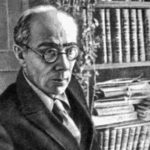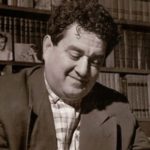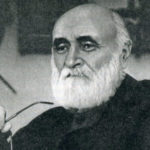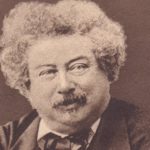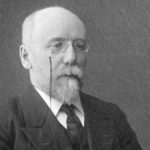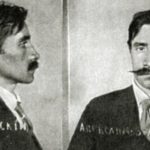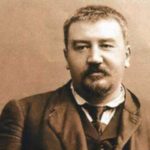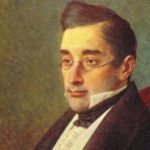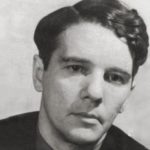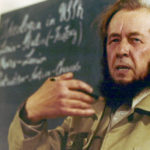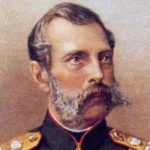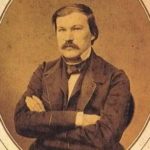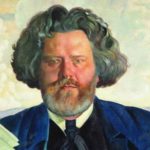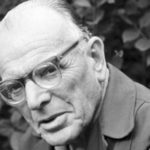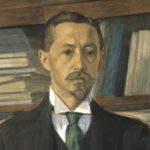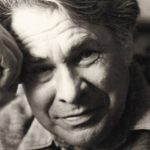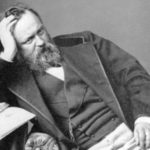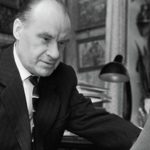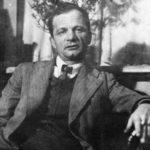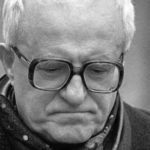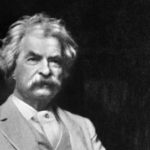Interesting facts about Alexander Tvardovsky
 Alexander Tvardovsky is another outstanding Soviet writer. Agree, in honor of ordinary people do not call the streets! Tvardovsky had a significant influence on the development of Russian literature and left an indelible mark in its history.
Alexander Tvardovsky is another outstanding Soviet writer. Agree, in honor of ordinary people do not call the streets! Tvardovsky had a significant influence on the development of Russian literature and left an indelible mark in its history.
The future writer was born in a modest farm in the Smolensk region in the family of a local blacksmith.
His father bought a plot of swampy, covered with thickets of land from the descendants of Admiral Nakhimov.
In his youth Tvardovsky wrote that he can not bear his father, whom he “can not bear to talk to”. He even claimed that he was ready for anything, just not to be a member of the hated family in which he was born. At the same time, Tvardovsky felt warm and tender feelings towards his mother.
Tvardovsky began to compose poetry before he learned to read and write.
At 18, an ambitious young man left his home and moved to Smolensk.
The first poems by Tvardovsky were published when the poet turned 15 years old. There is a bike, according to which, at the exam in the institute, a writer once got a ticket with the question of his own poem, which had already become part of the curriculum.
Although Tvardovsky’s parents were dekulakized and sent into exile, he himself fervently supported Stalin’s reforms and the collectivization of peasant farms.
Thanks to the poem “Vasily Terkin” about the Great Patriotic War, Tvardovsky quickly became a cult writer among soldiers and officers of the Red Army.
Outstanding writers of the Silver Age who were still alive at the time of Terkin’s publication took the poem differently. Anna Akhmatova considered her to be “light verses” for wartime, but Ivan Bunin’s work Tvardovsky brought to full delight.
For his poems about the war and numerous essays from the front, Lieutenant Colonel Tvardovsky was awarded the Order of the Patriotic War of the first degree.
Being the editor-in-chief of the magazine “New World”, Tvardovsky was able to obtain permission from Nikita Khrushchev to publish the story of Alexander Solzhenitsyn about concentration camps.
In early 1970, Tvardovsky was forced to withdraw from the “New World”, as he was systematically harassed by the functionaries of Glavlit and other officials who did not share his convictions.
After the editorial board’s defeat, Twardowski suffered a stroke, and he was diagnosed with lung cancer at a late stage in the hospital. Soon the writer was gone.
The name of Tvardovsky is Moscow school No. 279, in honor of which the Aeroflot plane and several streets in different cities of the country are named.
During the installation of the monument to Tvardovsky in the capital Strastnoy Boulevard, embarrassment ensued – the words “with the participation of the Ministry of Culture” without the single letter “t” were knocked out on the granite.
Tvardovsky, despite his complicated relations with the Soviet authorities, for five years was listed as a candidate member of the CPSU Central Committee.
Nikita Khrushchev, who patronized Tvardovsky, judging by his remarks during the meeting with the writer, never read either “Vasily Terkin” or other works of the author.
For his skill Tvardovsky was four times awarded the State Prize of the USSR.
